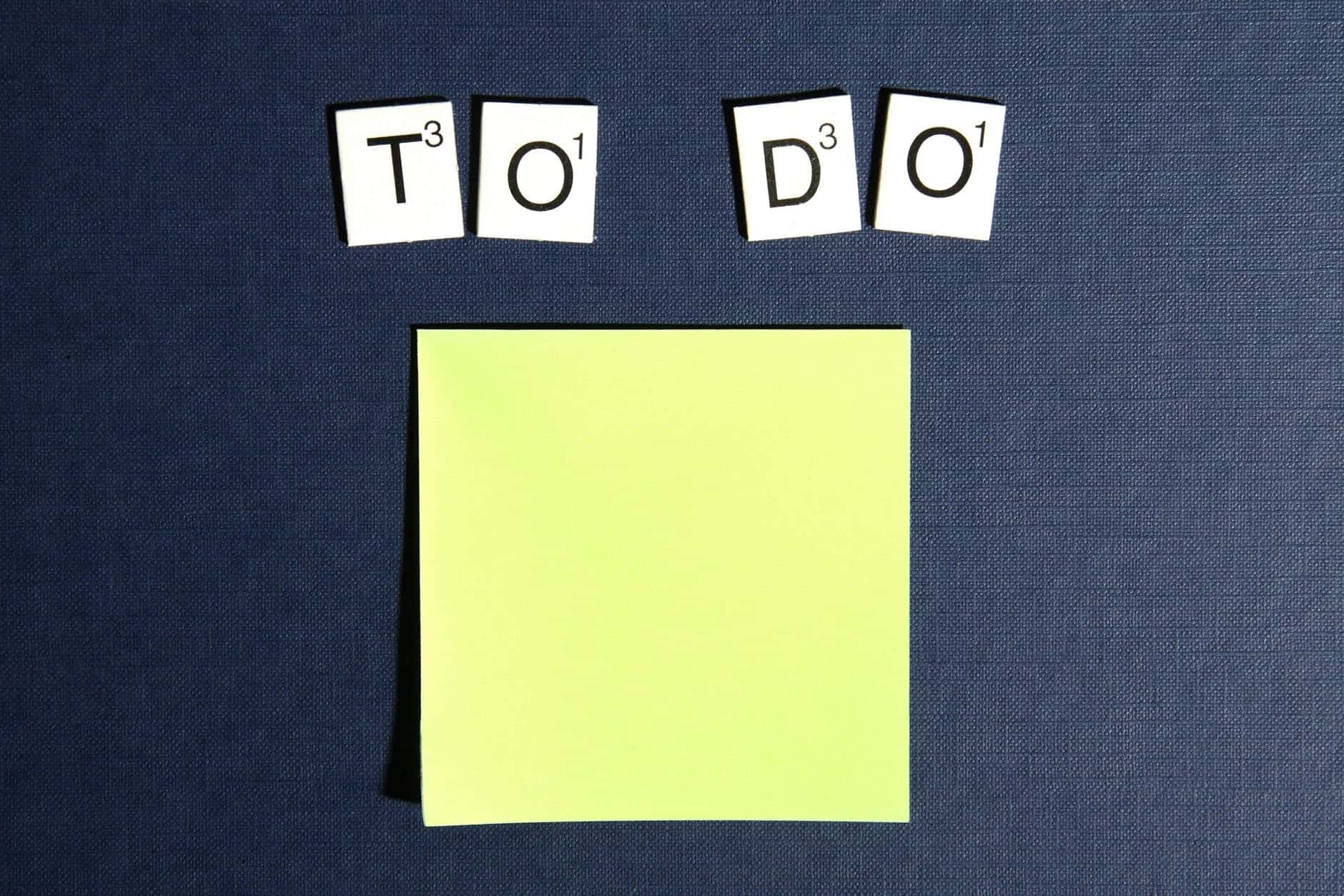During any pandemic worry runs rampant, and the COVID 19 pandemic is no different. People around the world are wondering if they will be able to pay their bills after losing their jobs. Will there be enough food and water, and “OMG” what about toilet tissue. What will we do when it’s all gone? Client after client express their concerns and the degree of anxiety. One of the few meaningful usage of worrying is to motivate planning.
The entire world has been educated on measures to take to prevent the spread of COVID 19. There has been little education on what to do if you contract the Coronavirus. The looming question in the back of the minds of many is, “what do I do if I get the virus?”
According to the CDC (Center for Disease Control), the majority of those contacting the virus will experience only mild symptoms. The findings indicate the probability that many of those contracting the virus will recover at home. Preparing a plan to recover at home. First, talk with everyone that needs to be included in the plan. Second, identify aid organizations in the community. Third, create an emergency contact list. Fourth, identify a room and bathroom that will be used for recovery only. Ensure involved parties are familiar with the plan. The following elements are needed for a comprehensive plan:
• What to do if you are sick• How to care for yourself at home• How to care for someone else at home• How to clean and disinfect the home if someone is sickUnfortunately, you are experiencing the symptoms associated with the Coronavirus. Time to put plan in motion. Do not leave the house. Contact medical personnel prior to going to the office. Confine yourself to the designated “recovery room.” Cover coughs and sneezes with a tissue, throw tissue in a lined trash can, immediately wash hands for 20 seconds with soap and water. Do not share dishes, drinking glasses, eating utensils, towels, or bedding with anyone else. Wash all items thoroughly after usage. Clean and disinfect all “high-touch” surfaces in “recovery room.” Immediately clean and disinfect areas that may have bodily fluids on them. Monitor symptoms and stay hydrated. Over the counter medicines may help with symptoms. Lastly, limit nonessential visitors.
Although, these times seem to be more uncertain to usual, we can never predict the future. And it is because of this that our minds stay on the worry channel. With a plan of action, we can move pass the worry. We can not control what happens, but we can control our plan and how we respond to what happens.
Author: Helena Davis, LPC






Leave A Comment